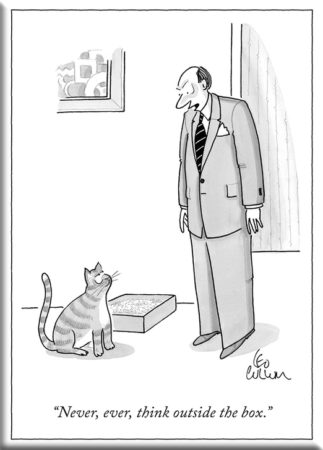“This message of the cross lies at the center of our existence, and there are enough antibodies there to fight off every form of a creeping carnal respectability.”
Gashmu Saith It, p. 23
“This message of the cross lies at the center of our existence, and there are enough antibodies there to fight off every form of a creeping carnal respectability.”
Gashmu Saith It, p. 23
“Preaching Christ means preaching both His words and His wounds. You cannot preach the cross, which is a scandal, without scandal. There is no such thing as sanitized gospel faithfulness. It doesn’t exist, and never has.”
Gashmu Saith It, p. 22
Dear Dawson, I am glad you have met a girl, at church no less, and it is good to hear that you have decided to ask her out. I have no doubt that I will have to explain this one a bit more, but if you ask her out, and if she says yes, always …
Letter to the Editor: Here is a video my son in law Tim, who is part of Liberty Coalition. He put together a short video explaining the trucker convoy entering Ottawa in protest ...
“When David went out to face Goliath, he was not looking for a dialogue partner.”
Gashmu Saith It, p. 21
“Jesus pointed out that after prophets are dead and gone, their reputations start to improve. This is because the only manageable prophet is a dead prophet. And if enough time passes, the ungodly start to build memorials to the deceased godly, lining it all with marble (Matt. 23:29). But whenever a living Christian leader comes back from a hot engagement at the front, with a couple of arrows through his hat, the careful me are quite willing to offer their critiques. ‘It would have been far better had you remembered to . . .’”
Gashmu Saith It, pp. 17-18

[Concerning Luke 6:26-28] “Jesus teaches that when we finally have that ‘good testimony’ we have been striving for, we ought immediately to see a red danger light blinking on the dashboard of our sanctification center. Something has gone terribly wrong.”
Gashmu Saith It, pp. 14-15
“The problem with this scoffer is that his attitude is a universal corrosive, and eats out every container you might try to keep it in.”
The Light From Behind the Sun, p. 191
“Now suppose that someone else in a frenzy says something like ‘bah bah bah shambalah na na.’ There is basically only one vowel sound in all of that, and they are all stirred up together like they were vegetables in a sizzling wok, separated from one another by only three consonants. This is not a language at all.”
The Light From Behind the Sun, p. 184